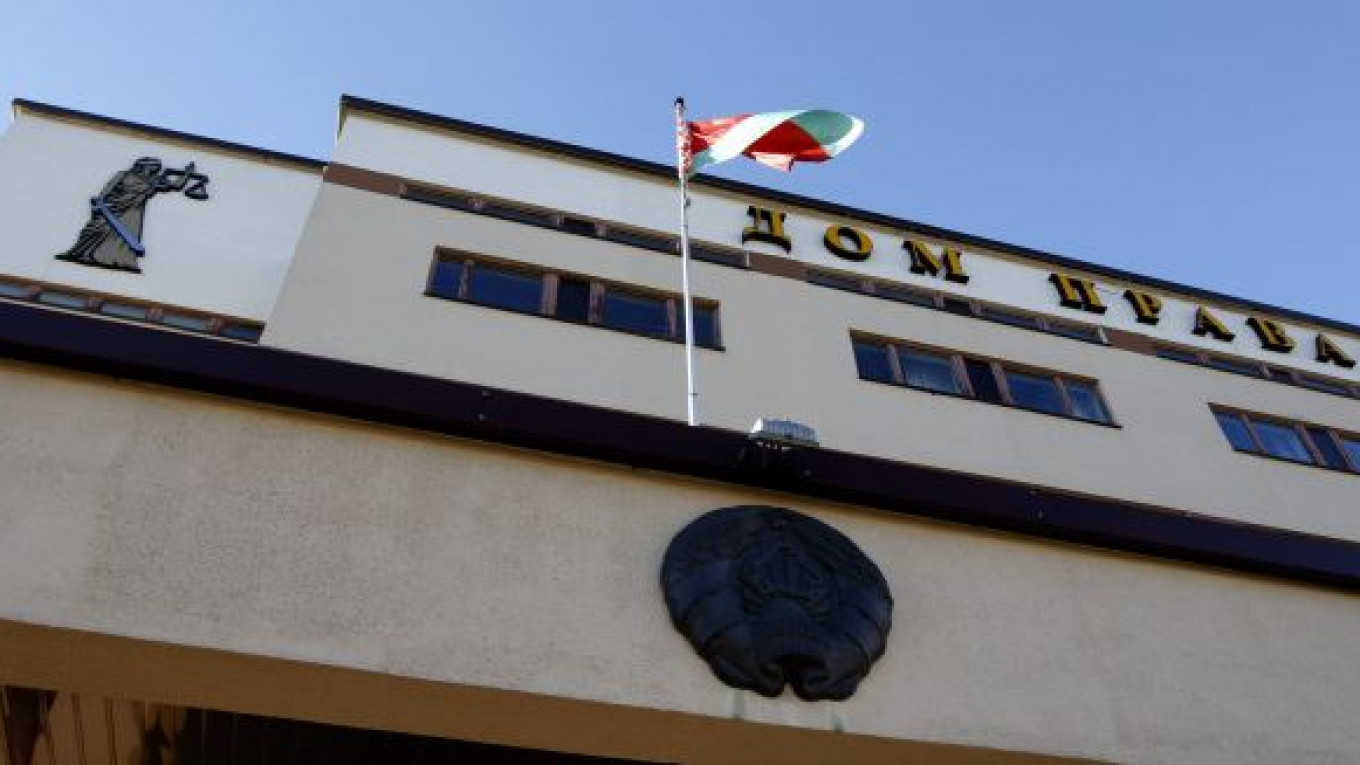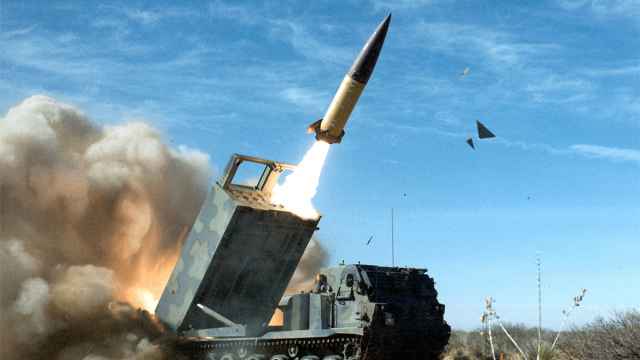Vladislav Baumgertner has the Western business degrees, fluent English and meteoric career that typify Russia's young executive elite, but the boss of Uralkali, the world's largest potash producer, is now more in need of Soviet-era survival skills.
For three weeks Baumgertner, 41, has been held in a dank Stalin-era Belarussian cell, facing up to 10 years in jail on charges of abusing power and seeking gain at the expense of Belarus as chairman of a joint venture cartel, Belarussian Potash Company, or BPC, which until Russia's withdrawal last month controlled Russian and Belarussian exports of the fertilizer ingredient.
The Belarussian Investigative Committee has not provided details on the charge, though at the time of Baumgertner's arrest there were allegations that he and others at BPC provided discounts on product to some buyers without telling the Belarussians; redirected ships to take Uralkali product instead of Belaruskali's; and canceled some BPC contracts, promising partners a Uralkali alternative at lower prices.
After traveling to Belarus for talks less than a month after pulling out of BPC, Baumgertner was handcuffed at the airport as he was leaving on Aug. 26 and thrust into the heart of an acrimonious battle between Moscow and Minsk.
He, along with Uralkali's chairman, former Kremlin chief of staff Alexander Voloshin, and the company's leading shareholder, Suleiman Kerimov, had been invited to Belarus by the country's prime minister. Only Baumgertner went.
He is being held in the pretrial detention center of the Belarussian KGB, known to locals as "Amerikanka," or the American one, apparently after a Chicago jail.
His requests have been for unspecified medication, and for Tolstoy's "Anna Karenina," an 864-page classic that will fill several long days.
Conditions are likely to be tough for the slight Baumgertner.
Anatoly Lebedko, Belarussian politician and leader of the United Civic Party, spent 108 days in Amerikanka for taking part in protests after President Alexander Lukashenko was re-elected in 2010.
He described the cells, the largest 2.5 meters by 5 meters, as dark, gray, crowded and damp. Lebedko was one of six in a cell built for four, in temperatures typically below 14 degrees Celsius.
"There are many ways to add pressure. If you're not ready, if you are not physically ready for conditions that are far from comfortable, it will be very hard for you," he said.
Prisoners are taken from the cells twice a day to the toilet facilities, though Lebedko says there are "VIP cells" with internal toilets.
Baumgertner is not the first top Russian executive to end up in jail. But it would have been a considerable shock for him, as it was for those around him, both competitors and friends said.
"The board was apprised of the history, of the difficulties of the apparent divergence of objectives [between the cartel partners] that had been progressively building," Uralkali Deputy Chairman Robert Margetts said.
"Of course, we spent a lot of time on the commercial and financial risks and the consequences [of pulling out] — but I have to say, I had not considered this."
Baumgertner is by all accounts a soft-spoken boss, with a cheerful countenance. Rivals and colleagues describe a methodical, tough negotiator whose approach to staff and the public is a far cry from his Soviet-trained predecessors'.
"He is a man of his word, a rare thing in our times," said Maxim Volkov, former chief executive of Russian fertilizer company PhosAgro.
Baumgertner, who had been in the utilities sector and later studied in London, joined Uralkali for the first time in 2003 as chief commercial officer, rising to chief executive in 2005.
He left in 2010 when demoted under the then owners and became CEO of another fertilizer producer, Silvinit. Supported by key shareholder Kerimov, he returned in 2011 after Uralkali bought Silvinit.
He is described as having built a young, ambitious management team and praised for his efficiency, perhaps a product of his engineer training. In a country where bad news is often muffled, his instinct for openness stands out, including during a damaging 2006 flood at a mine in the Urals and when dramatic sinkholes appeared in the potash-mining town of Berezniki.
"Vladislav, as [CEO] at the time and despite some people at Uralkali being reluctant to go public, opened all the doors, invited the best consultants around the world to help and did not try to hide these issues from the public," said Henry Rauche, chief executive of Ercosplan, a German engineering and consulting company working for the potash industry.
"He was a refreshing change after the Soviet style leadership in the former Russian potash industry."
He has not been seen in public or photographed since his arrest.
A Message from The Moscow Times:
Dear readers,
We are facing unprecedented challenges. Russia's Prosecutor General's Office has designated The Moscow Times as an "undesirable" organization, criminalizing our work and putting our staff at risk of prosecution. This follows our earlier unjust labeling as a "foreign agent."
These actions are direct attempts to silence independent journalism in Russia. The authorities claim our work "discredits the decisions of the Russian leadership." We see things differently: we strive to provide accurate, unbiased reporting on Russia.
We, the journalists of The Moscow Times, refuse to be silenced. But to continue our work, we need your help.
Your support, no matter how small, makes a world of difference. If you can, please support us monthly starting from just $2. It's quick to set up, and every contribution makes a significant impact.
By supporting The Moscow Times, you're defending open, independent journalism in the face of repression. Thank you for standing with us.
Remind me later.






